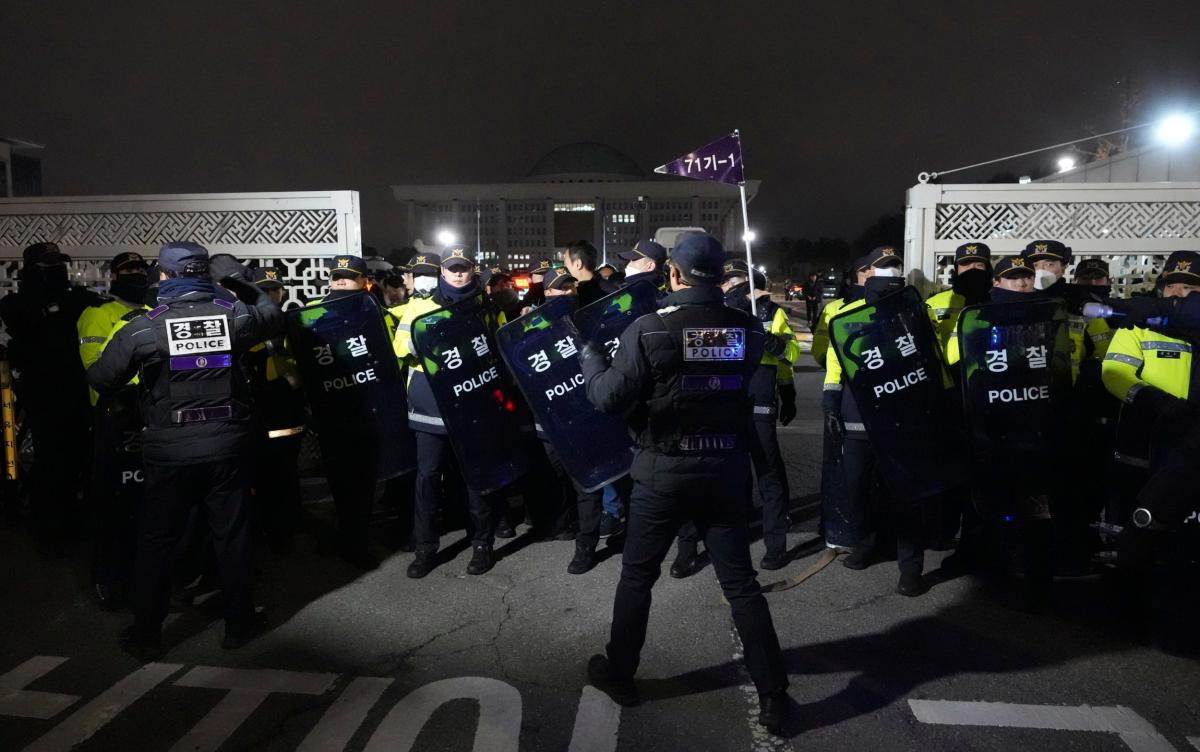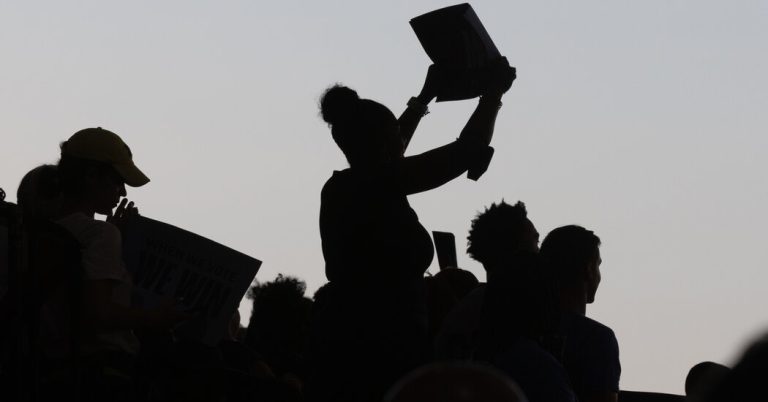The South Korean President has taken the extraordinary step of declaring emergency martial law. The unexpected declaration comes in response to escalating tensions rooted in North Korean threats and an increasing presence of “anti-state forces” whom the administration has identified domestically. As part of martial law enforcement, the South Korean military has assumed rigid control of governmental operations, effectively banning parliamentary activities. The military is also understood to have physically blockaded the entrance to the National Assembly, placing a chokehold on the legislative function of the government.
This declaration signals a dramatic shift in the political climate of one of Asia’s most stable democracies. Critics have raised concerns that this move is an overreach of executive power and threatens democratic norms, but the administration maintains that it is a necessary measure to safeguard national security.
No explicit details have emerged regarding the nature of the North Korean threats that have precipitated this action, nor about the domestic “anti-state forces.” That said, North Korea has recently tested ballistic missiles, contrary to international laws, further exacerbating tensions on the Korean Peninsula. Meanwhile, anti-government demonstrations have intensified over the past months, adding to an already fraught domestic climate.
The effect of the martial law is immediate and profound, with the general public now under strict control and scrutiny of the military. Civilians are required to adhere to a nationwide curfew, freedom of speech is heavily curtailed, and public gatherings are banned under this law. The government cites these restrictions as precautions to avoid potential enemy infiltration and to tame civil unrest.
The cessation of parliamentary activities poses grave concerns for democracy in South Korea. Control of legislative duties is a significant branch of a democratic government meant to distribute power and avoid authoritarian rule. With the military monitoring the National Assembly, there is an overarching fear that constitutional norms are on the brink of collapse.
South Korean officials have been tight-lipped, providing little information on how long this martial law will be enforced. Concerns are mounting about the potential for abuse of power, specifically the risk of suppressing political opposition under the guise of national security.
International reactions have varied. The United Nations has called for respect for human rights and the rule of law, cautioning South Korea not to use the situation as an excuse to crack down on civil liberties. Its neighbors on the other hand, notably Japan and China, have each cautioned restraint and called for diplomatic solutions to any perceived threats.
This move marks an unprecedented moment in South Korea’s democratic history. Observers are hopeful for a peaceful resolution and the restoration of democratic processes soon. It remains to be seen how the martial law declaration will affect South Korea’s domestic and international standing in the days to come.
In conclusion, South Korea’s emergency martial law declaration has triggered global concern about the future of democracy in the country. While the rationale for this step is steeped in national security concerns, the political implications are vast and worrying. The world watches as South Korea navigates this complex situation, its democratic foundations tested like never before.



